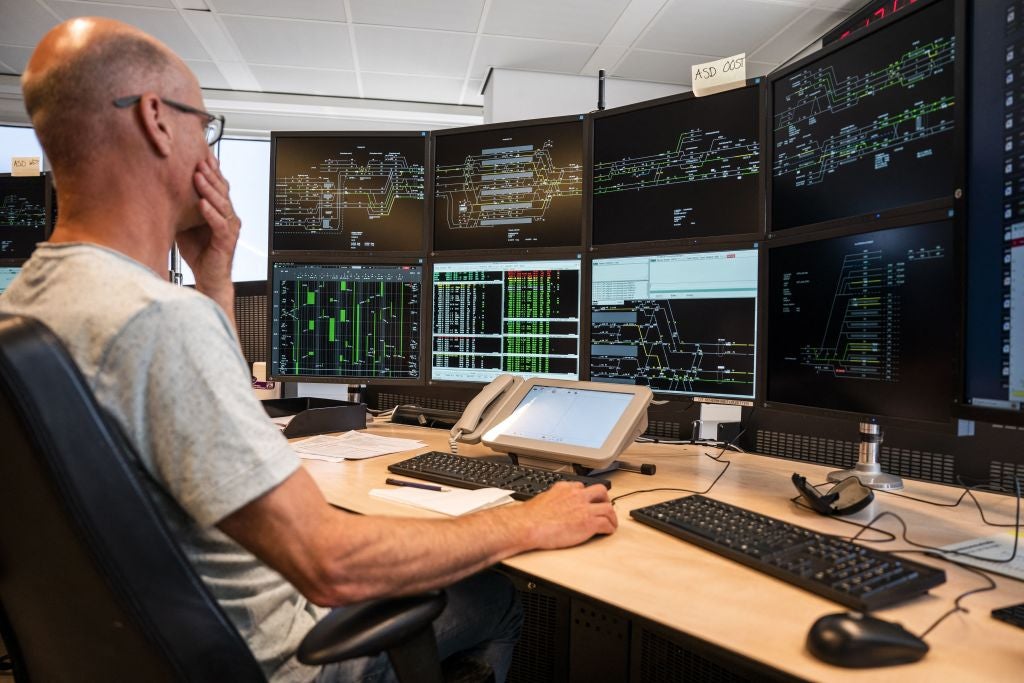
Netherlands rail infrastructure management firm ProRail discovered “visibility problems” during the approval process of its new signalling system, causing delays to several improvement projects this week.
Because some rail yards have already been fitted with the New Generation Signal (NG Signal) infrastructure, which cannot simply be replaced by the old system, the problem is causing significant knock-on issues to wider ongoing upgrade projects.

Discover B2B Marketing That Performs
Combine business intelligence and editorial excellence to reach engaged professionals across 36 leading media platforms.
The Hague rail yard conversion and PHS Tilburg projects will both have elements postponed until 2024. In Kijfhoek, the new signals will still be installed, but covered and out of use while “a solution is found,” ProRail said.
ProRail explained the problems seeing the NG Signal aspects only occurred in “certain circumstances” and suggested work would be done to enlarge the structures.
“During the safety tests of the New Generation Signal (NG signal), visibility problems were found in certain circumstances. Therefore, this type of signal cannot be used at this time,” ProRail said in a statement.
“The old signals are significantly larger than the NG signals. That’s why we can’t just use them again, first the security designs have to be adjusted.”

US Tariffs are shifting - will you react or anticipate?
Don’t let policy changes catch you off guard. Stay proactive with real-time data and expert analysis.
By GlobalDataResponding to failure
The signalling problem was discovered with unfortunate timing for ProRail, as it had earlier the same day released an update on the June traffic control failure at its Amsterdam operations centre, which left rail passengers stranded across much of the western Netherlands.
ProRail explained the massive failure was caused by a hardware problem which evaded monitoring efforts.
The infrastructure manager said it was investing in “better monitoring software” and working to improve forecasting and communication for passengers, who were left without access to transport or information in June.
Dutch national transport provider NS said it was exploring options for improving its passenger services for future incidents.
“NS is investigating the options for increasing the capacity of train replacement transport during a major and long-term disruption and for better reaching stranded travellers.
“NS also wants there to be more options to accommodate stranded travellers. To achieve this, we must make agreements with external parties, such as municipalities.”





